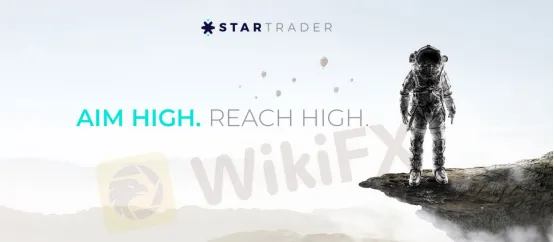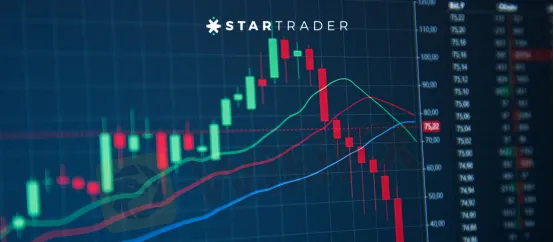STARTRADER FOREX: U.S. Economic Dilemma: Soaring Debt and Declining Investment Ability
Zusammenfassung:Sudden inflation and the depletion of savings have made Stacy Coquelin in Florida, USA feel unprecedented pressure. As a construction project manager, she should have enough income to meet her living needs.

Sudden inflation and the depletion of savings have made Stacy Coquelin in Florida, USA feel unprecedented pressure. As a construction project manager, she should have enough income to meet her living needs. However, the increase in childcare costs, rising inflation and rising borrowing costs have made her tired of coping. The down payment she had worked so hard to save must be used to pay for these growing expenses, and later she was burdened with personal loan debt of more than 20 thousand dollars. Her story undoubtedly reflects the seriousness of the current economic situation in the United States.

In this challenging period, American economic activities seem to be at a standstill, and the economic prospects are even more depressed than before. The National Economic Situation Survey Report released by the Federal Reserve at the end of May also pointed out that the recent employment growth in the United States showed signs of cooling, consumers were more sensitive to prices than before, and economic activities in some areas showed a slight or moderate decline. The economic uncertainty makes consumers more and more cautious and makes families feel more distressed.
Due to the rising cost of living, rising interest rates and growing concerns about the economic prospects, people began to tighten their spending and even reduced their consumption of necessities. The US Consumer News and Business Channel recently reported that as many as 92% of Americans are cutting back on expenses due to high inflation, nearly 80% of consumers have cut back on non-essential consumption, and two-thirds of the respondents said that they have also cut back on necessities.
Enterprises have not been spared. Recently, the Federal Reserve disclosed in a report that due to the continuous interest rate hike by the Federal Reserve, some American enterprises have been heavily in debt and are unwilling to use their funds to buy new equipment, hire more employees and increase product output. This undoubtedly aggravates people's worries that the economy may fall into recession in the second half of this year. About 37% of American non-financial enterprises are about to get into trouble, all of which show that American economic resilience is being seriously challenged.

Federal Reserve Chairman Powell said that the inflation level in the United States is still higher than expected, and it is expected to raise interest rates twice this year, and the possibility of raising interest rates continuously is not ruled out. He admits that raising interest rates will put pressure on the US economy. He believes that it will not be until at least 2025 that the central inflation rate in the United States will fall below 2%.
At this stormy moment, the American people lack confidence in the economic prospects. According to a survey, about 70% of the respondents believe that fighting inflation and developing the economy are the primary problems facing the United States at present. 65% of the respondents are worried about the banking system in the United States, 48% of the people say that the policies of the US government are hurting their families, and 88% are worried about the future of the United States. In this case, we can't help but ask: where will the future of the American economy go?
WikiFX-Broker
Aktuelle Nachrichten
„Ich hoffe einfach, dass es nach Trumps Amtszeit wieder normal wird: Wie Strafzölle diesem Unternehmer schaden
Wechselkursberechnung


